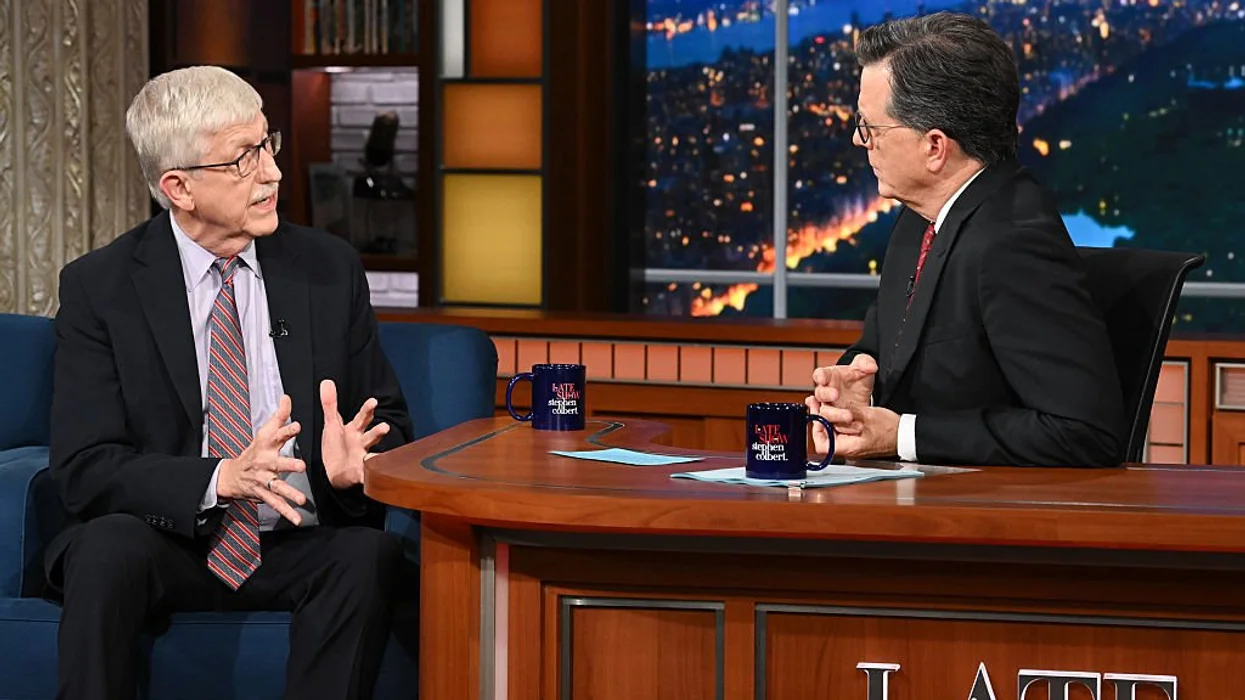© 2025 Blaze Media LLC. All rights reserved.
A scientific nationwide poll has found that voters are often ill-informed about major public policy issues.
What do voters truly understand about public policy issues? To scientifically measure this, Just Facts, a non-profit research and educational institute, commissioned a nationwide poll of people who say that they vote "every time there is an opportunity" or in "most elections." The poll consisted of 20 questions, one concerning voters' political leanings and 19 dealing with their knowledge of public policy issues.
Covering a wide range of issues, the poll consisted of questions about government spending, the national debt, taxes, health care, hunger, global warming, pollution, energy, and Social Security.
The poll found deep partisan divides, with both Democrats and Republicans being relatively more or less knowledgeable depending upon the questions. Some of the more stunning disconnects between perception and reality involved these three questions:
1) On average, who would you say pays a greater portion of their income in federal taxes: The middle-class or the upper 1 percent of income earners?
Correct Answer: The upper 1 percent of income earners. Per the Congressional Budget Office's latest estimates of federal tax burdens, households in the middle 20 percent of the U.S. income distribution paid an average federal tax rate of 11.5 percent, as compared to 29.4 percent for the top 1 percent of income earners. The correct answer was given by 18 percent of all voters, 4 percent of Democratic voters, 31 percent of Republican voters, 8 percent of third-party voters, and 20 percent of undecided voters.

2) On an average day, what portion of U.S. households with children have at least one child who experiences hunger? Less than 1 percent, 1 percent to less than 10 percent, 10 percent to less than 20 percent, or more than 20 percent?
Correct Answer: Less than 1 percent. Per U.S. Census Bureau data, on an average day, less than one fifth of one percent (0.18 percent) of households with children have a child who experiences hunger. The correct answer given by 9 percent of all voters, 6 percent of Democratic voters, 13 percent of Republican voters, 8 percent of third-party voters, and 5 percent of undecided voters.
3) When health insurance co-payments are high, people tend to spend less on health care. Does this reduced spending typically have a negative impact on people’s health?
Correct Answer: No. Multiple studies have shown that when co-payments are high, people generally spend less money on their health care without negatively impacting their health. This is because when people directly pay for more of their health care bills, they are more likely to be responsible consumers and use only those services that actually benefit their health. An exception to this rule is the poorest 6 percent of the population, who do experience negative effects when co-payments are increased. The correct answer given by 16 percent of all voters, 10 percent of Democratic voters, 20 percent of Republican voters, 19 percent of third-party voters, and 15 percent of undecided voters.
Overall, a majority of voters gave the correct answer to only four of the questions. All of the questions, results, and correct answers are detailed here.
Although journalists, commentators, educators, and advocacy groups regularly inundate Americans with information about public policy issues, this poll provides evidence that voters are often ill-informed and may be casting their ballots based upon misconceptions. Just Facts works to improve this situation by empowering voters with verifiable facts that help them to make truly informed decisions.
–
TheBlaze contributor channel supports an open discourse on a range of views. The opinions expressed in this channel are solely those of each individual author.
Want to leave a tip?
We answer to you. Help keep our content free of advertisers and big tech censorship by leaving a tip today.
Want to join the conversation?
Already a subscriber?
more stories
Sign up for the Blaze newsletter
By signing up, you agree to our Privacy Policy and Terms of Use, and agree to receive content that may sometimes include advertisements. You may opt out at any time.
Related Content
© 2025 Blaze Media LLC. All rights reserved.
Get the stories that matter most delivered directly to your inbox.
By signing up, you agree to our Privacy Policy and Terms of Use, and agree to receive content that may sometimes include advertisements. You may opt out at any time.





